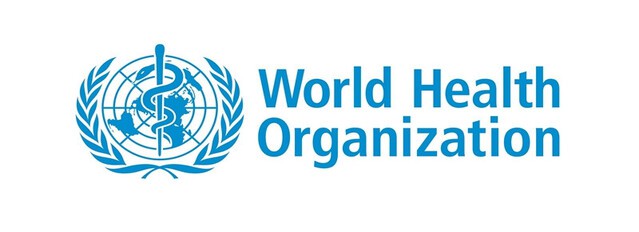
The World Health Organisation (WHO) on Wednesday said that South East Asia should step up "aggressive measures" in the battle against the spreading coronavirus (COVID-19) pandemic.
As infections in the region continue to rise, countries are forced to close borders and schools, the BBC reported.
The WHO's South East Asia region comprises 11 countries, almost all of which have now recorded coronavirus cases.
Dr Poonam Khetrapal Singh, Regional Director of the WHO South East Asia region, said on Tuesday that "more clusters of virus transmission are being confirmed".
"We clearly need to do more, and urgently."
Many regional countries outside the WHO's definition of South East Asia have had a slow response to the outbreak, only taking drastic measures in recent weeks or days as the number of cases continue to grow.
Malaysia, which now has the highest number of cases in the region, did not put any strict social distancing measures in place until it saw a huge leap in the number of cases.
Most of the country's infections have been linked to a religious gathering that was attended by around 16,000 people.
Malaysia has now locked down its borders, banning the entry of all travellers. Schools in the country have also been closed.
In nearby Indonesia, which according to John Hopkins has 172 recorded cases of the virus, President Joko Widodo admitted recently that he deliberately held back information about the spread of the virus to prevent panic.
The Philippines' Rodrigo Duterte had earlier in February joked that he wanted to "slap" the virus. The Philippines has now introduced sweeping quarantine measures that have left millions confined in the capital, Manila.
Myanmar and Laos have both not reported any cases of the virus - though experts have seriously doubted the credibility of this.
A spokesperson for Myanmar's government claimed that people's "lifestyle and diet" have protected them from the virus.
There are also no cases of the virus in Timor-Leste.


.jpeg)

